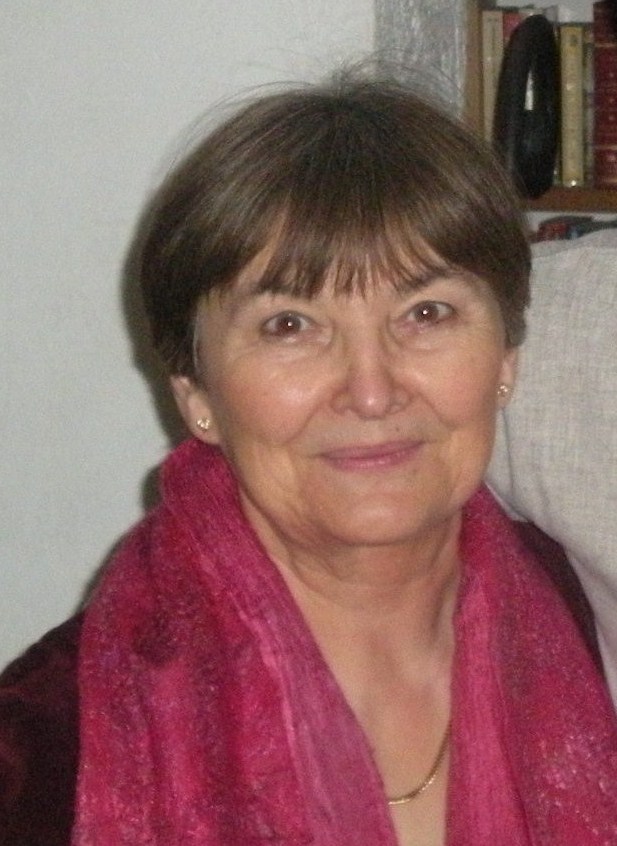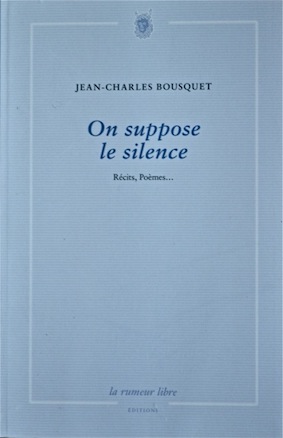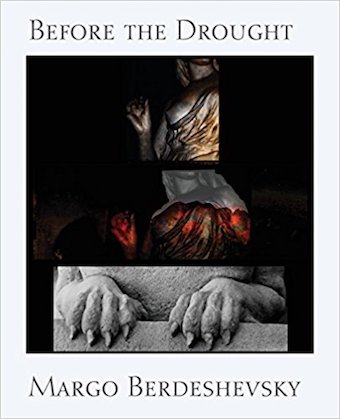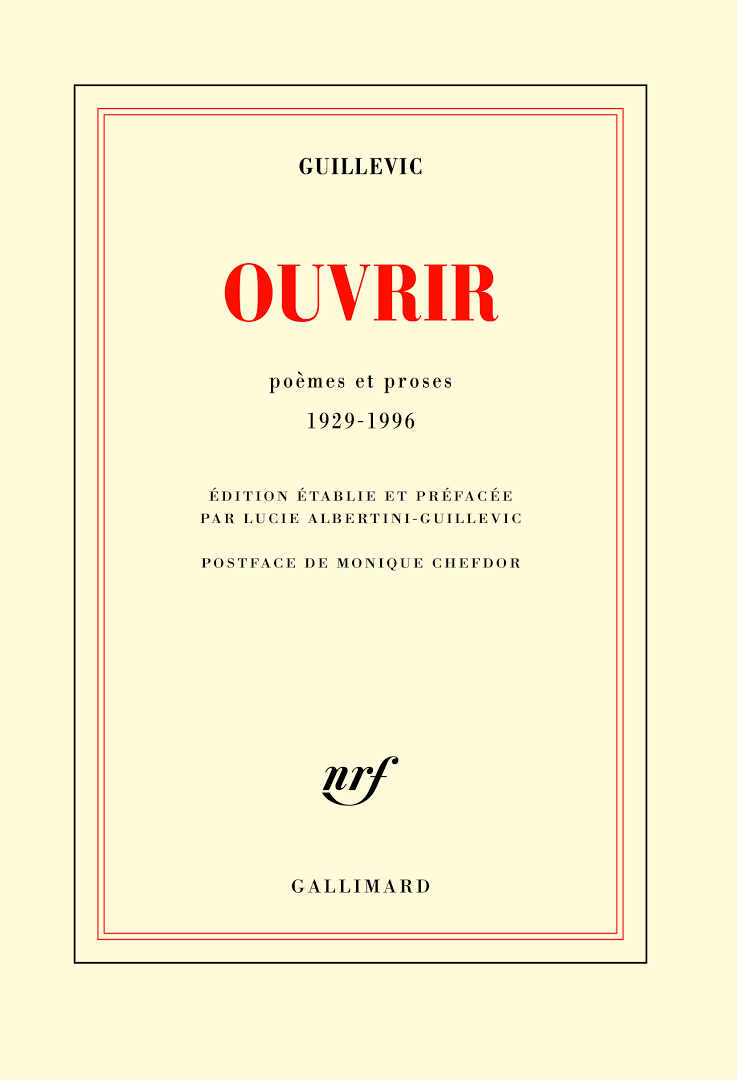In Australia, as elsewhere, there is considerable debate on the future of the printed word. Faced with the rapid rise in popularity of electronic publications amid concerns about decreasing literacy of the younger generations, many commentators have pronounced that the demise of the printed book is soon upon us. However, no-one seems to have told this to the current crop of Australian poets and their publishers.
A survey of the Australian poetry scene reveals it to be alive and well, with little likelihood of extinction in any foreseeable future. Indeed, poetry abounds in a wide range of formats – printed anthologies, single author collections, and edited journals; on-line journals, blogs and collections; and performances of spoken word.
A good place for the poetry tourist to start is Australian Poetry. Formed in 2011 from pre-existing poetry support groups, Australian Poetry is an overarching organisation with a “clear national strategy to … promote excellence in Australian Poetry … and build new audiences for Australian poets”. It works towards these aims via many mechanisms, not least by providing multiple avenues for publication in hard copy and on-line (www.australianpoetry.org). The most recent issue of the Australian Poetry Journal (volume 2.1 #technology), edited by Bronwyn Lea, presents some 40 poems, selected from hundreds of submissions. The quality is high, the voices diverse, as might be expected from mostly well-credentialed poets with significant publication records.
Australian Poetry sponsors a National Poetry Festival, which this year was held in the tropical city of Darwin. Featuring discussion panels, seminars, workshops and performances, these festivals are popular with writers and readers alike. The 2012 Darwin Wordstorm festival was notable for including not only leading performance poets, Ghostboy (David Stavanger) and Emilie Zoey Baker, but also the innovative hip-hop artist, Joelistics (Joel Ma), supported by local Darwin hip-hop acts. Indeed, with the increasing public profile of poetry slams, performance poetry and spoken word events around the country (eg. see australianpoetryslam.com), productive cross-over between poetry, hip-hop and independent music producers continues to evolve.
Going Down Swinging, now in its 33rd year of publication, has led the vanguard in promoting spoken word, performance poetry and poetry-music collaborations (see goingdownswinging.org.au). For many years, each hard copy edition of new writing has been accompanied by a CD of poetry, spoken word and music. The latest issue, Number 33, edited by Geoff Lemon and Bhakthi Puvanenthiran, is a typically eclectic collection, nicknamed “The Jesus Issue”, with a “dash of Saviour flavour in the mix”. There are poems, stories, essays, graphics and, of course, the CD. As in previous issues, the content is generally excellent, representing an edgy mix of narrative, opinion, and reminiscence, often by new or emerging writers. From the Jesus Issue, this sample of Lent by Nancy Reddy plays off the real and the metaphorical from the point of view of an adolescent growing up in the church :
“The congregation sitting and standing,
kneeling and sitting in a stuttering unison
as I replayed the rhythm
of hand on — , tongue on -,
my prayer-bent body arched
with aimless lust. I knew.
I had learned in church: to be bodied
was to be sinful. I gave up milk,
gave up spoons, shaved the thumbnail
down to meet its fleshy bed.
Gave up chicken and carved each night
the pan-fried meat from the thigh-bone,
fork-stabbed the nobbly joints. Wished myself
up out of my limbs and aches.”
Established in 1997, Cordite Poetry Review has been exclusively on-line since 2001, usually publishing 3 issues a year of new poetry (cordite.org.au). It aims to “mobilise the potential of the phrase words are bullets by promoting both irreverent and experimental poetics”. As well as poems, Cordite features reviews, occasional essays, and interviews with writers. Most issues are themed with guest editors making the selections, all of which are freely available to on-line readers. Cordite has taken full advantage of on-line technology to publish audio poems and visual poems employing electronic or animated text. As such, Cordite provides an exciting glimpse of the more adventurous domains of Australian poetry.
The use of themes by Cordite has led to some outstanding collections, most notably issue 35 (Oz-Ko, 2011), which featured 3 sets of bilingual poems in English and Korean, developed as a collaboration between Australian poets and poets from the Republic of Korea and edited by David Prater. There is much fine work here and I can only assume that the translations, by Gaihyun Kim and Sunghyun Kim, do the originals justice. Five Sijo for My Raider by Michelle Cahill in issue 35.1 (Hoju-Hanguk) draws on the author’s own Indo-Australian background :
“From the far east, when the river broke, came rumours of a tribe
I was alone that dawn, milking the soybeans, harvesting rice
With a bronze arrow you annexed my body to this design”
Essay, short fiction, poetry and criticism also are staple fare in a quartet of long established literary magazines. The oldest, Southerly, began in 1939 and continues to promote new writing, with regular themed issues, as well as a complementary on-line edition, The Long Paddock (southerlyjournal.com.au). Always stimulating, some issues really stand out. For example, A Handful of Sand: Words to the Frontline (2011), guest edited by prominent Indigenous poets Ali Cobby Eckermann and Lionel Fogarty, presents a cross-section of contemporary Australian Aboriginal writing that both challenges and engages with provocative viewpoints and raw emotion. There are hundreds of Aboriginal languages, many of which are at risk of dying out. This excerpt from Yankunytjatjara Love Poems by Ali Cobby Eckermann skilfully combines English and her traditional language :
“I will show you a field of zebra finch Dreaming in the shadow of the
puli puli ochre
when the soft blanket of language hums kinship and campfires
flavour windswept hair
little girls stack single twigs on embers under tjamus skin of painted
love
the dance of kalaya feathers will sweep the munda with your smile
do not look at me in daylight; that gift comes in the night
tomorrow I will show ngunytju our marriage proposal in my smile”
Meanjin, published quarterly out of Melbourne (meanjin.com.au), was founded in 1940. Featuring high editorial and production standards, Meanjin is considered by many to be the leader of the Australian literary pack. The current issue (71.3) has elegant design with interspersed poetry pages (about 20 in total) subtly separated from surrounding prose (most of the remaining 200 pages) by the use of differently coloured paper.
Overland was founded in 1954 with the motto “temper democratic, bias Australian” and it continues to champion progressive culture both in print and on-line (overland.org.au). Although social critique is a feature of all the journals mentioned here, none promotes a Left view of culture and society as consistently as Southerly. In addition to its hardcopy editions, Overland regularly publishes timely commentary on current affairs via its website and Facebook feed (www.facebook.com/overland).
Island is a literary quarterly, based in Tasmania and established in 1979. Despite developing from a potentially parochial viewpoint, Island publishes a wide range of quality work from a lively mix of new and well-known writers. As they say on their website (www.islandmag.com), “grown in Tasmania, Island writes for the world.”
Island also supports the prestigious Gwen Harwood Poetry Prize, named after one of Australia’s best loved poets (1920–1995) who lived most of her life in Tasmania. This prize is one of several high level awards that are available for Australian poets. Competition is intense, with most prizes attracting hundreds of entries, presenting judges with diabolically difficult choices. Indeed, the judges of the 2011 Gwen Harwood Prize, Sarah Day and John Kinsella, raised more than a few eyebrows when they decided not to award a winner, but instead nominated four poems (by BR Dionysius, Sarah Rice, Meredith Wattison and Chloe Wilson) for high commendations. All are excellent works, showing strong command of form. Dionysius’ History is a sequence of five sonnets narrating a life recalled :
“Years later in the chocolate suitcase buried under stacks
Of the washhouse’s mouse-chewed Toowoomba Chronicles
& Dalby Heralds, he discovered that his dead father read.
Cowboy novels & soft porn paperbacks that he scanned
Rapidly for erotic depictions of love making, ears pricked
For the screen door’s incriminating squeal & bass clomp
Of his parent’s workbooks as they brushed off their dirt.”
The Newcastle Poetry Prize (newcastlepoetryprize.com) stands out among the national competitions by encouraging extended poems or suites of poems up to 200 lines. First prize is substantial: $12,000, and short-listed poems are published in an annual anthology. Over recent years in particular, this anthology has showcased exceptional work, much of which pushes hard at the limits of what poetry, especially in long form, can do.
In addition to poetry prizes funded by literary journals and writers’ organisations, most State Governments as well as the national Federal Government offer substantial poetry prizes amongst their arts and literature awards. The winner of this year’s inaugural Prime Minister’s Poetry Award of $80,000 was Luke Davies’ collection, Interferon Psalms (2011). This is an astounding sequence from Davies, already highly acclaimed for his fiction (eg Candy, 1997; God of Speed, 2008). The text soars and swerves, take side-tracks through space and time, love and loss, comments on literature and popular culture, confronts science and religion, mortality and pain: disease and death never seem far below the surface. Looking handsome on the page, these poems beg reading out loud in all their changing voices. This example is from the start of the penultimate section 32, and recalls images occurring in earlier sections :
“I landed in this world of broken vessels.
All this eroded desolation, all this demon-ridden expanse.
All this Annihilation. The black volcanoes. The ruins.
Tectonic restlessness of plates.
She had said: I want to talk to you, at roughly four removes.
I felt that conversation had had its day.
I had landed in this world of broken vessels. I had sensed
the emptiness as a boundless blessing.
For as long as it could, my blood would be fine.”
Sitting beside the literary journals and competitions are the anthologies of Australian poetry. Some are one-off collections with a specific aim in mind, such as a mammoth historical compendium of more than 1000 pages (Australian Poetry Since 1788, edited by Geoffrey Lehmann and Robert Gray, 2011), or an elegant anthology of more recent women’s poems (Motherlode: Australian Women’s Poetry 1986–2008, edited by Jennifer Harrison and Kate Waterhouse, 2009).
Other anthologies are produced more or less regularly, such as Black Inc’s annual The Best Australian Poems series that has been running since 2003. The 2011 edition, edited by John Tranter, contains around 100 poems selected from almost three thousand submissions. A collection like this necessarily reflects the biases and interests of the editor, but there is little doubt that this edition, as did previous volumes, presents a diverse and (usually) fascinating assortment of contemporary Australian poetry. As such, it offers another excellent starting point for a literary tourist to begin exploring the Australian poetry landscape. Although most poems do not reveal obvious references to specific country or place, some build heavily on Australian vernacular and historical context, as in this example from Others in the Town by Neil Boyack :
“the whip hangs on the wall of the long-drop
with the view of the mountain
where ghosts maintain fame
through legendary gambling debts
bestiality
leaning on the shovel at
the shallow graves of native men
Bill Menangartowe is home
dreaming of new teeth
so he can eat Harcourt apples and his wife’s dry roast beef
that he complains of …”
Any doubts about the on-going popularity of Australian poetry in print should be dispelled after exploring the website maintained by SPUNC: Small Press Underground Networking Community (spunc.com.au), representing Australia’s small press and independent publishing community. Currently, over 100 publishers are listed as members of SPUNC. They include not only the publishers of literary magazines mentioned above, but mid-sized independent publishers (eg Black Inc, Text Publishing, and Wakefield Press), and smaller specialist poetry publishers, including such diverse imprints as Brandl & Schlesinger, Five Islands Press, Giramondo, Paroxysm Press, Puncher & Wattman, Red Room Company, and Walleah Press.
Let’s finish our tour with a review of a recent collection by Adelaide poet, Amelia Walker, published by the long-lived independent, Interactive Press (ipoz.biz). Walker already has published two prior collections as well as poetry workbooks for school children. Her new work, Sound and Bundy (2012), is an ambitious multi-layered, multi-voiced sequence that draws its inspiration from Australia’s most famous literary hoax, the Ern Malley affair.
In 1944, a series of abstract poems, purported to be written by an otherwise unknown Ern Malley, was submitted to the modernist arts magazine Angry Penguins, founded and edited by Max Harris. Harris considered the poems to be brilliant work (as many are still regarded today), but it transpired that they had been constructed as a deliberate hoax by conservative poets, James McAuley and Harold Stewart (for the full story see, www.ernmalley.com and read the poems at: jacketmagazine.com/17/ern-poems.html).
In his Foreword to Sound and Bundy, “Harrison Lomax” makes specific reference to the Ern Malley affair in the context of his research into the life of “recently deceased Australian poet, Jason Silver” who turns out to have been a creation of three other poets, Pete Lind, Shannon Woodford and Angie Rawkins. The book then goes on present collections of poems from each of these three poets, as well as those attributed to Jason Silver. Each writes with a distinct style and brings a range of viewpoints and commentaries on the events of the time.
Pete Lind tells elegant stories of damaged relationships and personalities, including his own (That Sort, 1998) :
“I’m the sort you see at bus shelters,
the guy with tatts and the faded black jeans,
the sort who pays the driver all in five cent pieces,
who gives up his seat for the blind girl,
then stares and wonders what it’d be like to fuck her.”
Shannon Woodford writes in villanelles, sestinas, and other constrained forms, while Angie Rawkins uses the shorthand of street talk and text messages, as in Checkd / But Not For Free, 1999 :
“Th title Check-Out Chick
doesn’ giv you permission to do so / bro /
so check yrself
& cut it out or y’ll wind up checkin’ in
to E.D. afta I get you chuckd
& pluckd like a chickn /”
Finally we get to poems by the nebulous Jason Silver. They are a mixed lot, style and content diverging, perhaps reflecting the inputs of the three purported hoaxers. One of the more lyrical pieces is the bleak rosie n me, 2002:
“i close my palm, open it
to find a sharp blue shard of broken glass
‘from the window to my soul’ she mutters
and i bleed a little so she knows
i’m kissing her back.
we light up
our cigarettes
— church candles, memorials
for the dead, our selves.
together we pray for cancer.”
Walker is an accomplished performance poet and it is easy to hear her taking on the different personae of the poets in this book. But even bare on the page, the characters emerge from their words, sometimes free-flowing, sometimes self-consciously fitting a pre-determined style.
All too often poetry is seen first and foremost as an expression of an otherwise hidden emotional state of the author. Indeed, many of the poems in this collection have a stream-of-consciousness feel that reflects the apparent states of minds of the poets. But we have to keep reminding ourselves: this is all fiction. They are fictitious poets, who, within their own imagined world, invented another fictitious poet. This is a complex writing environment and, overall, Walker keeps her nerve and control throughout. Verse novels can be tedious and forced. However, through her innovative use of an anthology format, Walker has avoided this trap and let the poetry itself tell its tales.
It might be argued that the only people who buy and read poetry books are other poets. Maybe so. But there are probably a hundred or more poetry titles published each year in Australia, and there are very many more people writing poetry, sometimes just for themselves, but more often with the expectation of being published and read. So, if poetry writers really are poetry readers, there must be a large pool of potential buyers of printed verse. With such a strong creative base, the outlook for Australian poetry and its publishers is positive. And thanks to the all-pervasive internet, it is increasingly accessible to the rest of the world.









